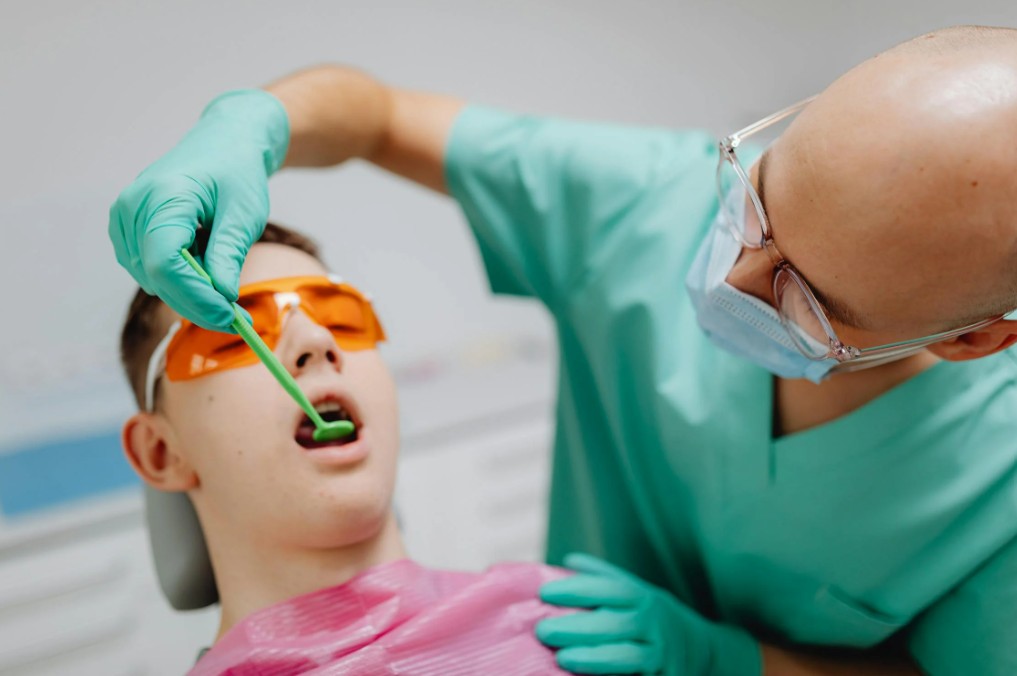We are living in a time where most young people, teenagers, are struggling with anxiety, depression and overall mental wellness. How would you know if your troubled teen needs help?
Over the past several year teen depression and anxiety has doubled, many experts blame the increase of screen-time as part of the cause. Teenagers spend an average of 7-9 hours a day in front of screens — while some teens admit they are online almost constantly according to a PEW Research Study.
Does that sound like your child? Excessive screen time can lead to not only depression and anxiety, research has also revealed higher risks of self-harm and suicide ideation in teens that are using too much social media and gaming.
Many parents have experienced the rage and explosive behavior when they attempt to remove their devices (screens) or even threaten to take them away. Their teenager will literally become destructive to the home or even abusive to their parent.
Does my troubled teen need help?

One of the biggest misconceptions of having a troubled teenager is that they are not bright (smart). On the contrary, troubled teens are highly intelligent, likely not working up to their academic potential — they are either skipping classes or stopped going to school entirely.
“My son is very smart, he was in all AP classes, varsity football and now he’s barely passing and dropped out of sports,” – concerned mother of a 16-year-old.
School refusal is a major concern for parents with very smart teens starting to make very poor choices. Prior the teen refusal to go to school, they will stop or quit their once favorite activities. Maybe they loved sports or dance — was your daughter a cheerleader? They have lost all interests of things they once enjoyed.
If you’re dealing with a defiant, rebellious and disrespectful teenager, you’re not alone. However when this behavior escalates to rage and explosive scenes in your home, it needs to be addressed immediately. Teen destructive behavior is frightening and there is never an excuse for it.
“When I tried to removed my daughter’s cell phone, she literally punched holes in her bedroom wall,” – mother of a 14-year-old.
Is your teen using substances (drinking, vaping or drugs) to self-medicate or fit in with a negative peer group? Teenagers today will smoke pot or vape claiming it’s legal in some states (maybe their own) or saying it relieves their anxiety or stress. However the facts are it is not only bad for their health and brain development, it can have serious ramifications on their future.
Although smoking marijuana or vaping recreationally may not be the worst behavior, it can be the beginning of a dark road for your teen to rely on these substances for relief rather than healthy ones.
3 Steps to get your troubled teen help at home
In many situations, your teenager is a good teen making some really poor choices, but at this point it has escalated to more than typical teenage behavior — you are at your wit’s end. Exhausting your local resources is always your first path to getting your troubled teen help.
1. Local therapy. With teenagers this isn’t always easy, since some will refuse to attend or will stop engaging with their therapist. What can be more frustrating is when they start manipulating the counselor. Since the pandemic, many parents have tried online therapy. Sometimes you need to switch therapists to find one that can relate to your teen; however, you may get to a point when you realize it’s simply not working.
2. Outpatient therapy. This can be beneficial to some teens since it offers more clinical hours weekly. It also gives them group therapy which can be helpful. The one negative is they are still in their home environment and surrounded by their friends (if they are negative influences) as well as with their devices. Like with attending traditional talk therapy, your teen must be willing to attend, which can be another hurdle.
3. Short-term hospital stays. In some situations, a short-term adolescent psychiatric hospital can give you an evaluation that helps you with a diagnosis for your teen’s behavior and medication to address it. Will they continue the medication at home, and will they continue with therapy? Many parents (sadly) have placed their teenagers in the hospital for a short time, it rarely has any long-lasting impact on their behavior.
My troubled teen needs residential treatment
Have you exhausted your local resources and determined you need more help? There is absolutely no shame in this, it is a parent’s responsibility to do what is best for their child’s mental health.
It sounds scary, “schools for troubled teens,” because reality is, your teen isn’t really troubled as much as they need behavioral modification or emotional growth. The last thing you want is to place your teen out-of-their-element. Another words, replace one set of negative behavior traits for another.
A simple online search for “schools for troubled teens” yields over 5 million results! How do you know where to send your teen that would fit his/her unique needs?
There are many quality and safe therapeutic boarding schools in our county that help troubled teens. Coming to this decision isn’t easy, but it’s one that is in the best interest of your teenager.
Since 2001 we’ve helped parents find effective schools for troubled teens which includes:
–Quality care (safe and positive environment), credentialed staff
–Education, accredited academics
–Enrichment programs, extra-curriculum designed to encourage change (animal, art, music or gardening therapy)
–Parent involvement, workshops and family therapy
When a teen is removed from their devices and social media, negative peer group, triggers of home and academic stress and enrolled into a therapeutic setting, they can stop the downward spiral they have been experiencing and begin an upward positive course in a therapeutic boarding school.
Also read:
Why Behavior Modification Helps Troubled Teens
5 Benefits of Therapeutic Boarding Schools
Image credit: Freepik






